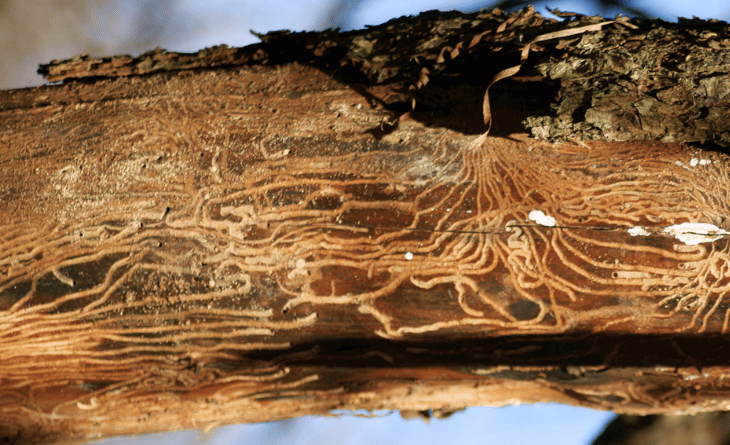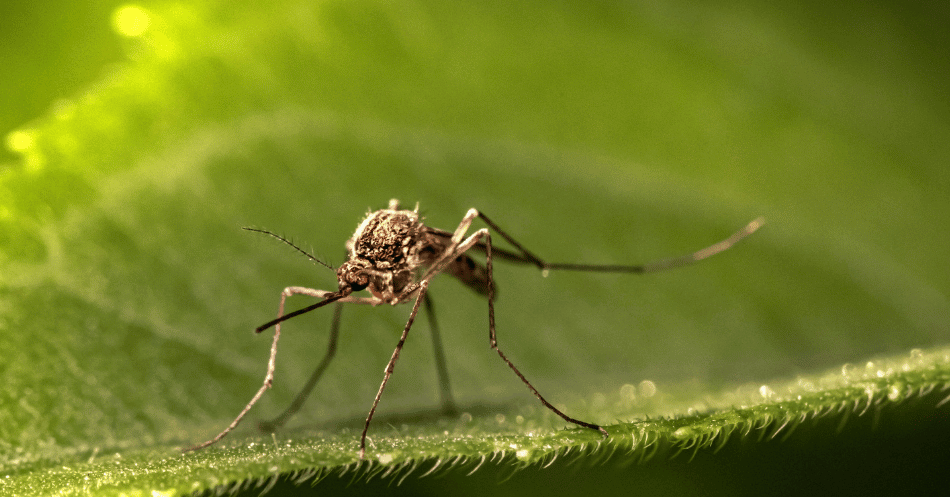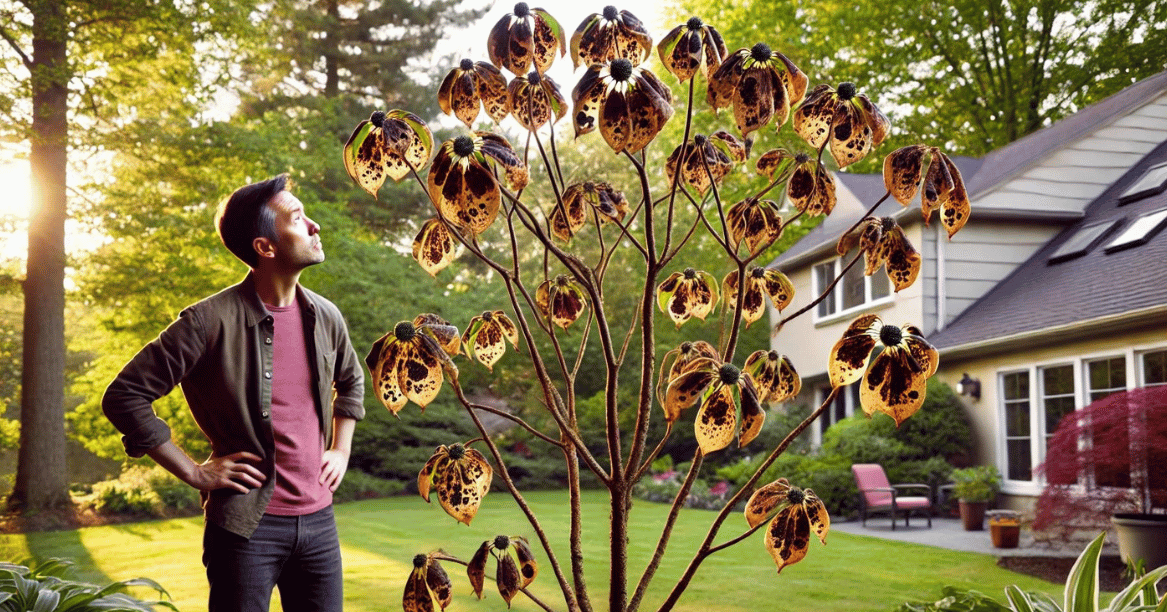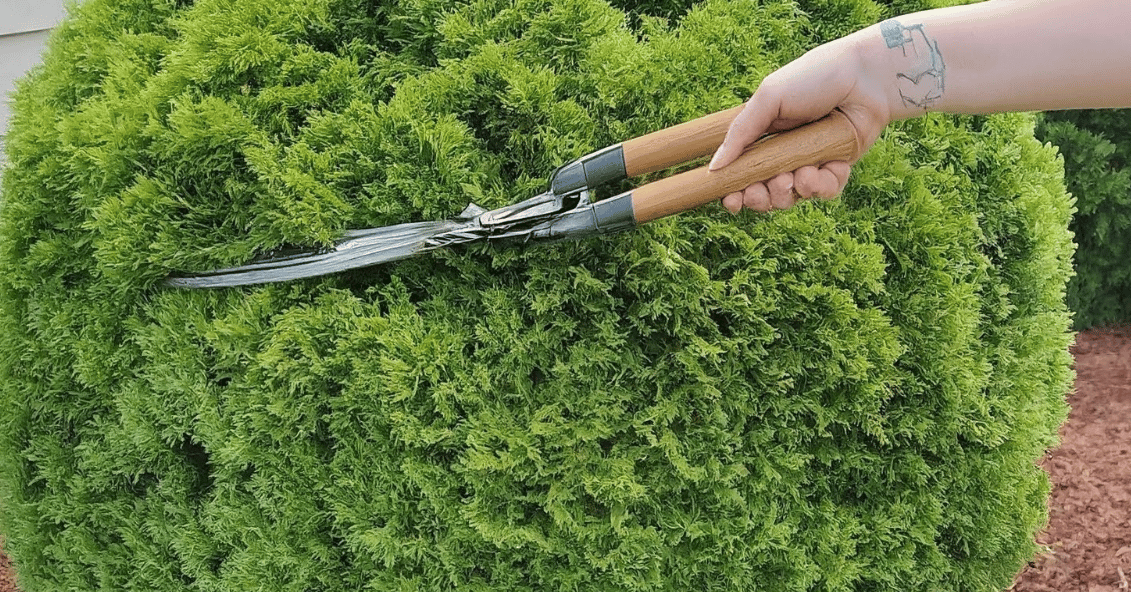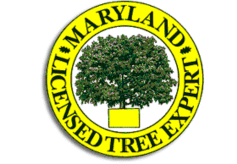Your trees are beautiful additions to your landscape and living organisms that require care and attention. While you may be aware of the threat posed by environmental factors such as drought or disease, it's easy to overlook the silent assailants that can wreak havoc on your trees: pests. In this article, we will explore the stress impact of pests on your trees and provide valuable insights on how to protect your arboraceous assets.
Pest Infestations: The Silent Threat
Pests can cause significant stress to your trees, leading to diminished health and potential long-term damage. While some pests, such as aphids or caterpillars, may seem innocuous, their voracious appetites can result in defoliation and nutrient depletion. Other pests, such as bark beetles or borers, can directly damage the structural integrity of your trees, leading to weakened branches or even death.
When a tree is stressed, it is more likely to be susceptible to pests and diseases. This is because a stressed tree has less energy to fight off invaders. Some factors, including drought, poor soil conditions, and injury, can cause stress.
Statistics Highlighting the Severity
The impact of pest infestations on trees is not to be taken lightly. Consider the following statistics:
- According to the United States Forest Service, insect infestations have affected an estimated 74 million acres of forestland in the United States.
- In a study by the University of California, the cost of managing pests and diseases in urban trees in the state exceeded $95 million annually.
- The Arboricultural Association reports that 60% of all tree-related insurance claims in the United Kingdom are due to pests and diseases.
Identifying Common Pests
To effectively combat pest infestations, it's essential to be able to identify common culprits. Here are a few notorious pests that can wreak havoc on your trees:
- Emerald Ash Borer (Agrilus planipennis): This invasive pest has caused widespread devastation to ash trees in North America, with an estimated 50 to 100 million trees already affected.
- Asian Longhorned Beetle (Anoplophora glabripennis): Known for its distinctive long antennae, this beetle can infest a wide range of hardwood trees, including maple, birch, and willow.
- Gypsy Moth (Lymantria dispar): The gypsy moth caterpillar defoliates a wide range of trees, including oak, aspen, and willow, and has caused extensive damage across the United States.
How to Prevent Tree Pests
There are several things you can do to prevent tree pests. One of the most important things is to plant the right tree in the right place. Some trees are more susceptible to problems than others. For example, maple trees are often vulnerable to the emerald ash borer. In contrast, oak trees are constantly exposed to oak wilt fungus.
It is also essential to take care of your trees. This includes watering them regularly, fertilizing them, and mulching around them. Watering trees regularly will help to prevent them from becoming stressed, and fertilizing them will help to keep them healthy. Mulching around trees will help keep the roots cool and moist and help suppress weeds, which can compete with trees for water and nutrients.
If you find pests in your trees, controlling them is vital. There are several ways to control pests, including pesticides and biological and cultural controls. Pesticides can effectively control pests, but they should be used only as a last resort. Biological control involves using natural predators to control pests. Cultural controls include making the environment less favorable for pests, such as removing dead or diseased trees and pruning trees to improve air circulation.
Safeguard Your Trees with Strobert Tree Service
If you are concerned about tree pests, contact a professional arborist for help. Strobert Tree Service is a certified arborist company serving the Tri-State area for over 20 years. We can help you identify pests on your trees and recommend the best action to control them. We also offer various tree care services, including tree trimming, removal, and stump grinding.
Our certified arborists understand that your trees are important to you and are committed to providing you with the best possible service. Contact us today to learn more about how we can help you safeguard your trees.


